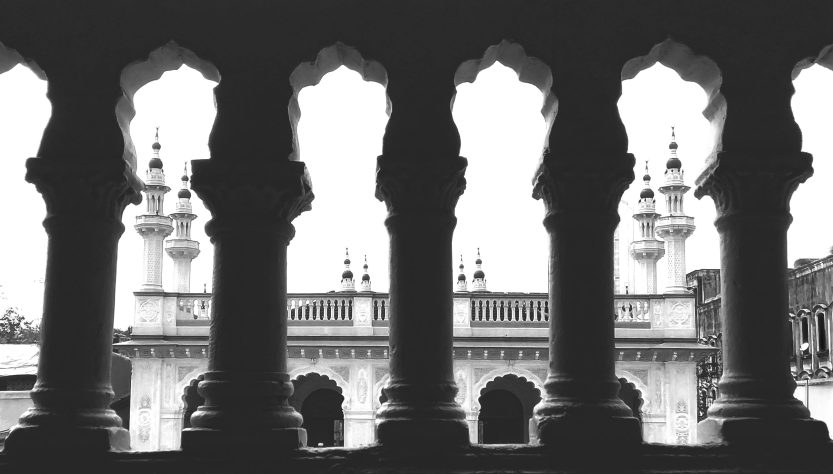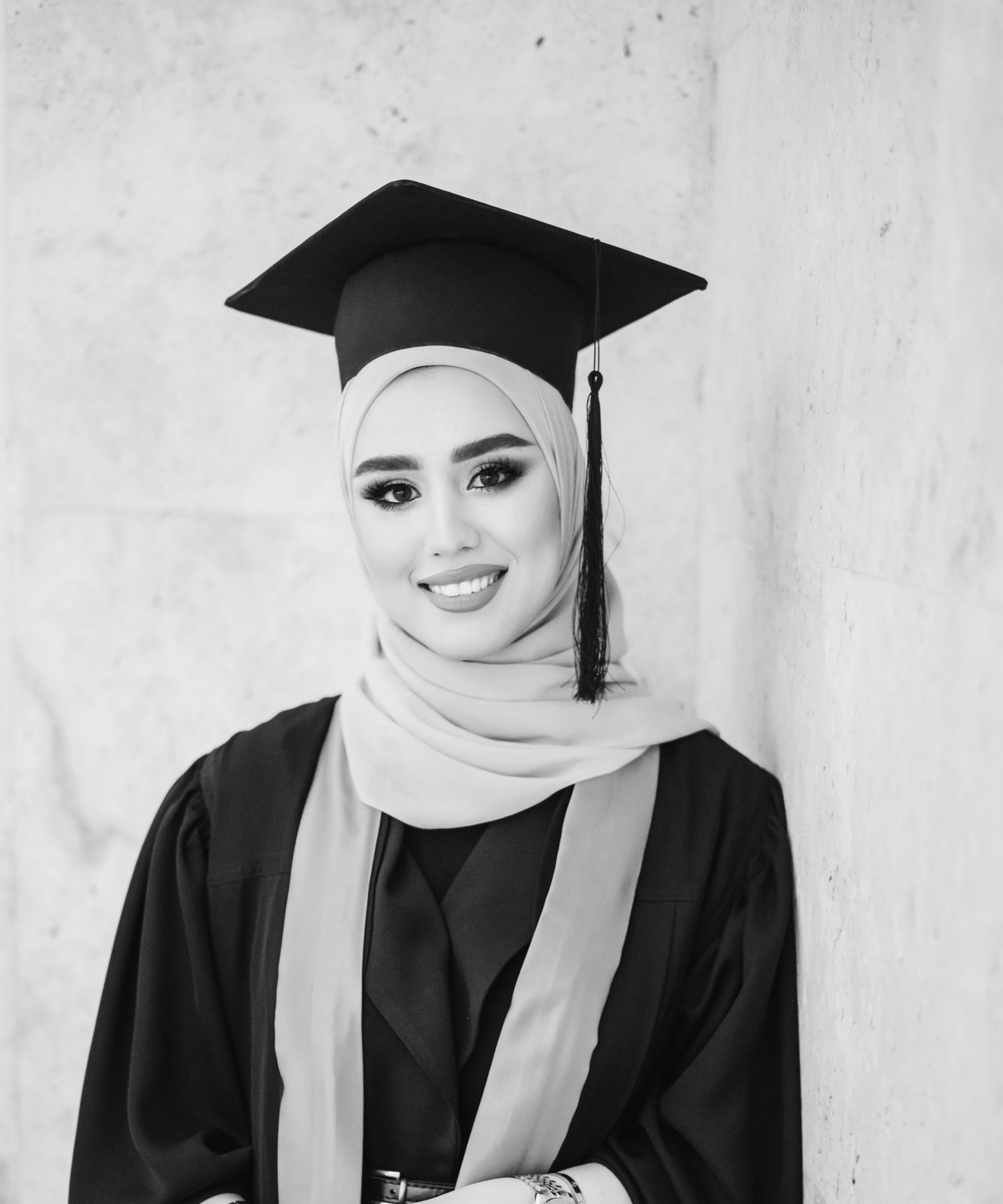SARA MAHMOOD KARIM
Research Assistant –INDS Engineering-TIU – Erbil
Life can be overstimulating, complicated or cluttered. When we think of what minimalism means, the first thing that comes to mind for most people is “less”. Minimalist art uses fewer colors, reduced motifs and simple shapes. Musical minimalism requires fewer instruments, simpler melodies and sometimes even total silence. In fashion, it means fewer embellishments, simple lines, sharp cuts, an eye for detail and reduced color schemes. What minimalism truly means is quite literally “less is more”: A smaller number of more vibrant colors, simpler but more sophisticated shapes, art that allows for more space and more silence, design that invites the onlooker to take a step back.
Minimalism as a life philosophy boils down to living a simple life with fewer but carefully selected things, fewer commitments and less noise to, instead, gain more clarity on the things that truly matter, more time, and more calm. Minimalism as a life philosophy doesn’t require you to give away all of your belongings and renounce all worldly things. Instead, it encourages you to be less attached to objects, focus on the ones that have a real value, as well as the people and events in your life that are important to you. The end result is not restriction, but freedom.
Minimalism in Islam
Islam, the religion of peace and blessings, is strongly associated with minimalism. Our religion encourages its followers to become cautious about their belongings and every instance of life. Living in moderation and simplicity are the basic guidelines of Islam because religion is all about guidance; ours teaches us to live a simple, meaningful life without going extravagant.
‘Eat and drink but waste not by extravagance, certainly Allah likes not those who waste by extravagance ‘ [Quran 7:31]
How to live with less?
Do not compare yourself to others.
Comparison with others, how much they earn, what they consume, etc. These thoughts are not encouraged in Islamic teachings. The Messenger of Allah (peace be upon him) always taught his companions not to compare their lives with that of others. Instead, Islam and modern studies prove that the key to contentment is focusing on those who own lesser things than us. When we feel attached to the material world, Islam expects us to shift our focus on individuals who are ore devoted to Allah, even if they do not earn a lot.
Let’s understand that nobody is born equal or perfect. Everyone is unique, and our lives are different than that of others. The more we learn to avoid comparing ourselves to others, the easier life becomes.
Focus on the life hereafter
Our beloved religion, Islam, doesn’t restrict spending for our basic needs or luxury. There is no harm in earning a Halal livelihood for our family and ourselves. However, Islam guides us in attaining Zuhd by prioritizing our life after death and Allah’s pleasure. When a Muslim strives to achieve Allah’s closeness and leave his matters to The Lord, then our problems or matters become too insignificant to worry about. Those matters for which we seek Allah’s help turn out more successful and more superficial.By focusing on our actual world, the hereafter, we can prevent ourselves from the worldly traps of this shiny life. Learning to hand over every matter, every life decision, business deal – everything and seek The Almighty’s favor becomes a turning point in our life. Indeed, He is the best guide and protector.
Focusing on life hereafter makes us mindful of our worldly acts and deeds; we become cautious of our earnings and how and where to spend them. This responsible mindset keeps our life and business decisions on the right path. The only path that leads to lasting success and happiness.
Spend and earn mindfully
Let’s take a look at our purchasing habits and analyze if we are buying and storing unnecessary items or the ones spending cautiously? If former, they might need to change our focus and perspective on earning and speaking with mindful tactics. Islam encourages moderation and balance in each aspect of life, earning a Halal and modest livelihood in one of them. Remember, we are answerable for every penny and each item we spend or hoard on the Day of Judgement.
The modern globalized world pushes us towards extravagance and lavish lifestyles, but Islam guides us to live within our means and control our desires (Nafs). Keeping a check on our wants and needs help us simplify our life and be patient. We tend to refuse the traps of this world and focus more on achieving the will of our Lord. Otherwise, there would be no end to our expenditures and worldly desires, and we will keep falling into the depth of mindless spending.
As we balance our earnings and spending, do not indulge in piling up stuff, and prioritize our matters following Allah’s commandments, He blesses us with peace and contentment. And there is no blessing more significant than internal joy and fulfillment.
Minimalism and Zuhd
In the same context comes the subject of Zuhd or asceticism, another name for minimalism. Zuhd, one of the virtues in Islam, teaches Muslims to lead a moderate life and get rid of lavishness and extravagance. The concept of Zuhd is about practicing self-discipline and not becoming a part of worldly blockers. Instead, it brings us closer to our Lord, The Almighty.
Zuhd and a minimalist lifestyle don’t expect us to leave worldly affairs and start living in a deserted place. It’s about getting rid of the unnecessary stuff and picking up the most fundamental things.
Zuhd or a ‘Zahid’ person doesn’t relate to poverty. Islam neither promotes poverty nor considers it a standard of life but encourages Muslims to preserve and cultivate wealth. Developing wealth is one of the significant objectives of Islam as, through this resource, they can work for society’s welfare, devote themselves to Allah and strive for a better world.
The Islamic concepts about living with less are incredibly connected with the principles of minimalism. Hence it is safe to say that minimalist living is not an alien concept; instead, it aligns with Islamic principles. The basics of slow living that modern researchers offer, Islam presented those fourteen hundred years back to guide us towards modesty.
Hadith and Quranic Teachings on Minimalism
Minimalism and the principles of Zuhd are mostly about aligning our life under the teachings of Allah and His Prophet’s Sunnah. It implies detaching ourselves from materialism and attaining contentment through trusting Allah and His favors.
We can be wealthy and still practice gratitude and Zuhd. Muslims can work for wealth development while living a fulfilled and content life.
The following Ahadith and Quranic verses shed more light on the importance of minimalism:
- A man came to the Prophet (peace and blessings be upon him) and said: “O Messenger of Allah, direct me to an act which if I do it, [will cause] Allah to love me and people to love me.” He replied: “Be indifferent to the world, and Allah will love you; be indifferent to what people possess, and they will love you.” [Ibn Majah]
- The life of this world is nothing but a flitting pleasure. [Surah al-Ra’d Ayah 20]
- But may you prefer the life of this world although the life to come is better and more enduring. [Surah al-A’la Ayah 16-17]
- “The competition to pile up the good things of this world (At-Takaathur) distracts you until you visit the graves (i.e. until you die), No! Then you will come to know! Again, No! Then you will definitely come to know! No! If only you had true knowledge! (of the end of a person who chases this world) You would definitely see Hellfire! You shall see it with your own eyes! Then, on that day, you will be asked about how you spent the bounty (that Allah blessed you with).” [Surah At-Takaathur 102:1-8]
- “Nothing fills (satisfies) the son of Adam except dust.” [Sahih Bukhari, Book: 76, Hadith: 445]
Finally, both Minimalism and Zuhd emphasize the importance of community and social responsibility. Minimalism encourages us to be mindful of our impact on the environment and to seek ways to live more sustainably. Zuhd encourages us to be mindful of our responsibilities to others and to seek ways to help those in need. Both concepts recognize that we are part of a larger community and that our actions can have a significant impact on others.
Overall, the Quran and Hadiths emphasize the importance of living a simple and mindful life focused on the remembrance of Allah and the Hereafter. They highlight the temporary nature of this world and remind us that true richness and contentment come from within, rather than from material possessions. These teachings align with the principles of Minimalism and emphasize the importance of simplicity, detachment, and contentment.


